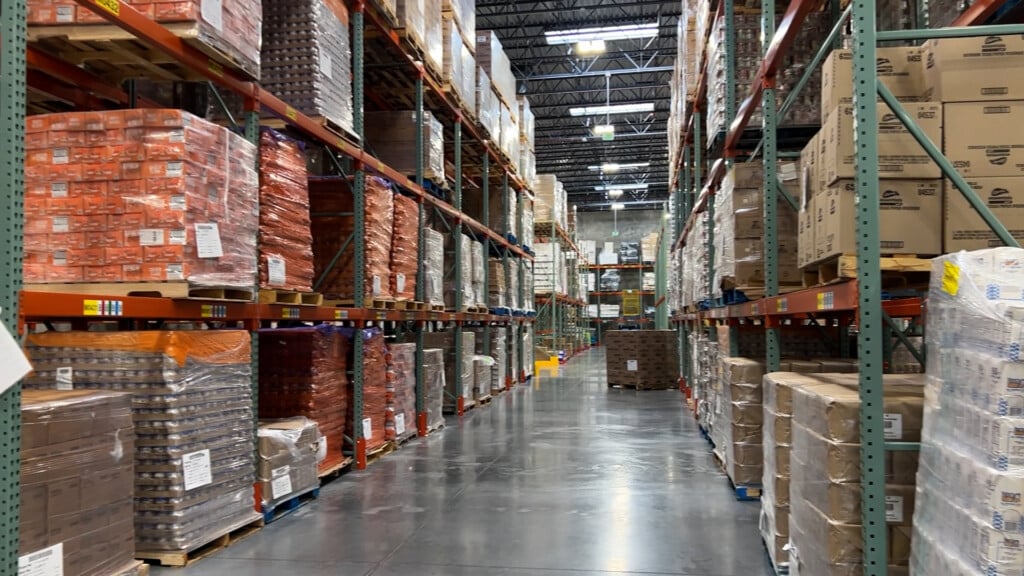Local nonprofits weigh in on the impact of new federal requirements for SNAP
LINCOLN, Neb. (KLKN) — Changes to Nebraska’s Supplemental Nutrition Assistance Program — otherwise known as SNAP — went into effect Monday.
The changes include expanding the work requirements so that SNAP recipients must either work, participate in an employment or training activity, or volunteer in the community at least 20 hours per week or 80 hours per month.
SEE ALSO: Nebraska rolling out new federal requirements for SNAP
Households who receive a Low-Income Home Energy Assistance Program payments must now have an elderly or disabled member to get the Standard Utility Allowance.
SNAP eligibility is now limited to only U.S. citizens; refugees and anyone granted asylum will no longer qualify.
“Approximately 7,000 neighbors in Nebraska will be potentially affected by the loss of benefits,” said Tiffany Murray, Chief Operating Officer at the Food Bank of Lincoln.
For many local organizations like the Food Bank of Lincoln, these changes come at an uncertain and strenuous time.
“We do anticipate that we’ll see an increase in our food distributions and throughout our partner agencies,” Murray said. “Which is difficult at a time like right now when we’re already a bit stretched when it comes to our resources and seeing an increased need. But we do anticipate that we’ll see an increased need in the distributions in our variety of food.”
One of the biggest issues with these changes is the chaos and stress it enacts.
And for Matt Talbott Kitchen & Outreach, this makes the SNAP process even harder for those that are trying to get back on their feet.
“There are so many things we need to get done before we gain employment, so this is just one of those red tape barriers that we’re not sure how it’s going to impact our population that we’re worried about,” said Alynn Sampson, Executive Director at Matt Talbott. “In the meantime, the consequence is food on the table for them.”
Both organizations said they are doing the best they can to serve the community in an impactful way.
“We’re trying to do the best that we can, and we’re trying to work together,” Sampson said. “We are here, our services are still going to be here, but I think it’s important for the government to know that they can’t rely on nonprofits alone to clean this up or to pick up the pieces.”



